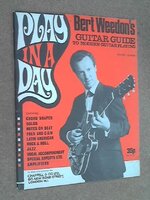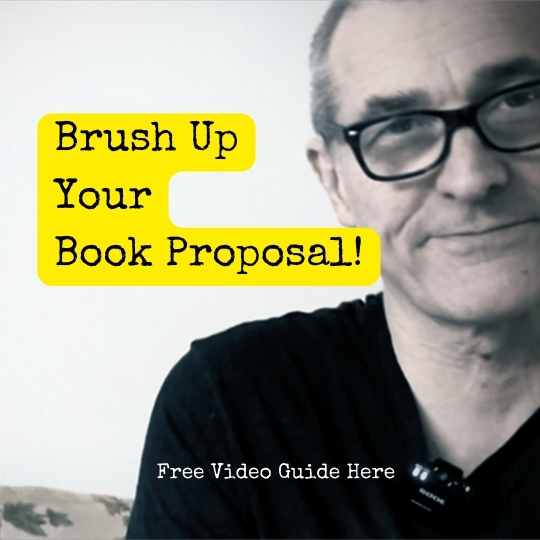- Feb 3, 2024
- LitBits
- 0
New blog post by Claire G – discussions in this thread, please
---
A Rose By Any Other Name Would Smell as Sweet, Right?
The Silence of the Lambs, For Whom the Bell Tolls, Elinor Oliphant is Completely Fine, 1984, The Hitchhiker’s Guide to the Galaxy, The Colour Purple – titles that we remember, titles that I love. But what makes them so effective? And do titles affect sales?
What if Harry Potter and the Philosopher’s Stone was called something else?
Why was a book with an unimaginative title like The Girl on the Train such a huge pull for readers?
Did a three-year-old choose the title of Gone Girl? This really bugs me!
The Long and Short of It
The Guernsey Literary and Potato Peel Pie Society; The Curious Incident of the Dog in the Night-Time; Fried Green Tomatoes at the Whistle Stop Café; My Grandmother Asked Me to Tell You She’s Sorry…maybe it’s down to my choices but books with long titles always seem a bit quirky to me and I adore them for that. However, I’ve heard that titles shouldn’t be too long. Now it obviously didn’t hurt these books, so what’s an author to do?
On the other hand, short titles like Beloved, Americanah, Atonement and Fingersmith pack a huge punch and I think they’re great too. They say so much in just one word! Perhaps there’s more gravitas here compared to longer titles, so maybe the subject matter/genre of the book dictates the author’s choice?
To Alliterate or Not to Alliterate?
A Little Life, Gone Girl, The Hitchhiker’s Guide to the Galaxy – I think alliteration makes titles more catchy and memorable…and if a book has this quality, it’s sure to stick in readers’ minds…hence more recommendations and sales?
But alliteration has to be crafted carefully, otherwise it may be perceived to be a childish gimmick (something that’s concerned me about the title of one of my contemporary romances)!
Experience
I’m trying to build a brand with my contemporary romances. I’ve self-published The Strange Imagination of Pippa Clayton, Daisy Roberts is Dead and Imogen Green’s Little Shop of Possibilities. I’m part way through writing Evie Watson Goes Wild. The titles seemed to just spring into my head fully formed, but afterwards I realised that they all included alliteration or assonance. Catchy, or silly?
My psychological novels have shorter titles: In Sanity, Catfish, All Inclusive. The short stories I’m most proud of, which tackle difficult subjects, have titles of only one word: Surfacing, Blossoming. Again, these choices may have been subconsciously down to genre and the gravitas of the content.
Final Thoughts
Do you have a favourite book title? What do you think makes it so effective?
What’s your least favourite book title? Why don’t you like it?
Do you prefer long or short titles? Why?
How do you select your own book titles?
---
By @Claire G
Get the discussion going – post your thoughts & comments in the thread below…
---
A Rose By Any Other Name Would Smell as Sweet, Right?
The Silence of the Lambs, For Whom the Bell Tolls, Elinor Oliphant is Completely Fine, 1984, The Hitchhiker’s Guide to the Galaxy, The Colour Purple – titles that we remember, titles that I love. But what makes them so effective? And do titles affect sales?
What if Harry Potter and the Philosopher’s Stone was called something else?
Why was a book with an unimaginative title like The Girl on the Train such a huge pull for readers?
Did a three-year-old choose the title of Gone Girl? This really bugs me!
The Long and Short of It
The Guernsey Literary and Potato Peel Pie Society; The Curious Incident of the Dog in the Night-Time; Fried Green Tomatoes at the Whistle Stop Café; My Grandmother Asked Me to Tell You She’s Sorry…maybe it’s down to my choices but books with long titles always seem a bit quirky to me and I adore them for that. However, I’ve heard that titles shouldn’t be too long. Now it obviously didn’t hurt these books, so what’s an author to do?
On the other hand, short titles like Beloved, Americanah, Atonement and Fingersmith pack a huge punch and I think they’re great too. They say so much in just one word! Perhaps there’s more gravitas here compared to longer titles, so maybe the subject matter/genre of the book dictates the author’s choice?
To Alliterate or Not to Alliterate?
A Little Life, Gone Girl, The Hitchhiker’s Guide to the Galaxy – I think alliteration makes titles more catchy and memorable…and if a book has this quality, it’s sure to stick in readers’ minds…hence more recommendations and sales?
But alliteration has to be crafted carefully, otherwise it may be perceived to be a childish gimmick (something that’s concerned me about the title of one of my contemporary romances)!
Experience
I’m trying to build a brand with my contemporary romances. I’ve self-published The Strange Imagination of Pippa Clayton, Daisy Roberts is Dead and Imogen Green’s Little Shop of Possibilities. I’m part way through writing Evie Watson Goes Wild. The titles seemed to just spring into my head fully formed, but afterwards I realised that they all included alliteration or assonance. Catchy, or silly?
My psychological novels have shorter titles: In Sanity, Catfish, All Inclusive. The short stories I’m most proud of, which tackle difficult subjects, have titles of only one word: Surfacing, Blossoming. Again, these choices may have been subconsciously down to genre and the gravitas of the content.
Final Thoughts
Do you have a favourite book title? What do you think makes it so effective?
What’s your least favourite book title? Why don’t you like it?
Do you prefer long or short titles? Why?
How do you select your own book titles?
---
By @Claire G
Get the discussion going – post your thoughts & comments in the thread below…





